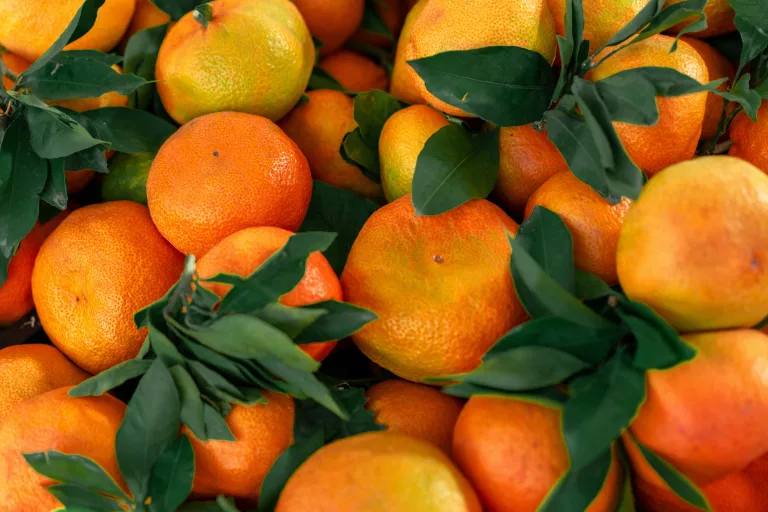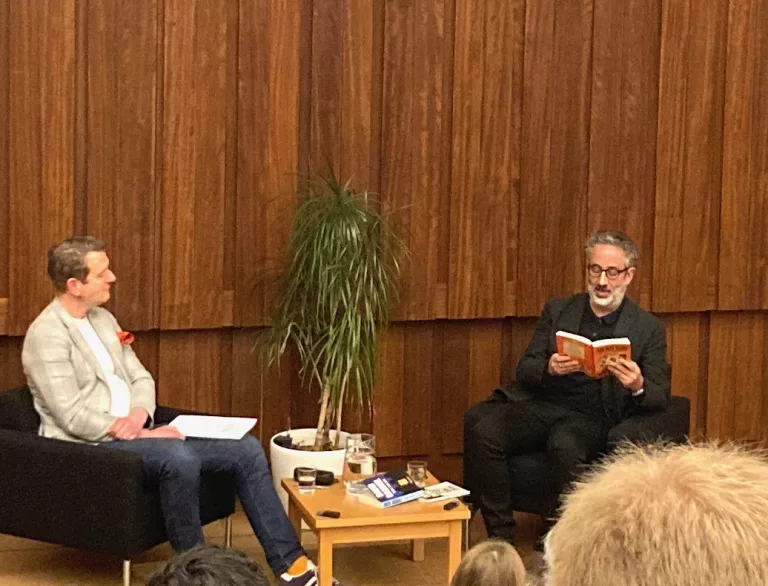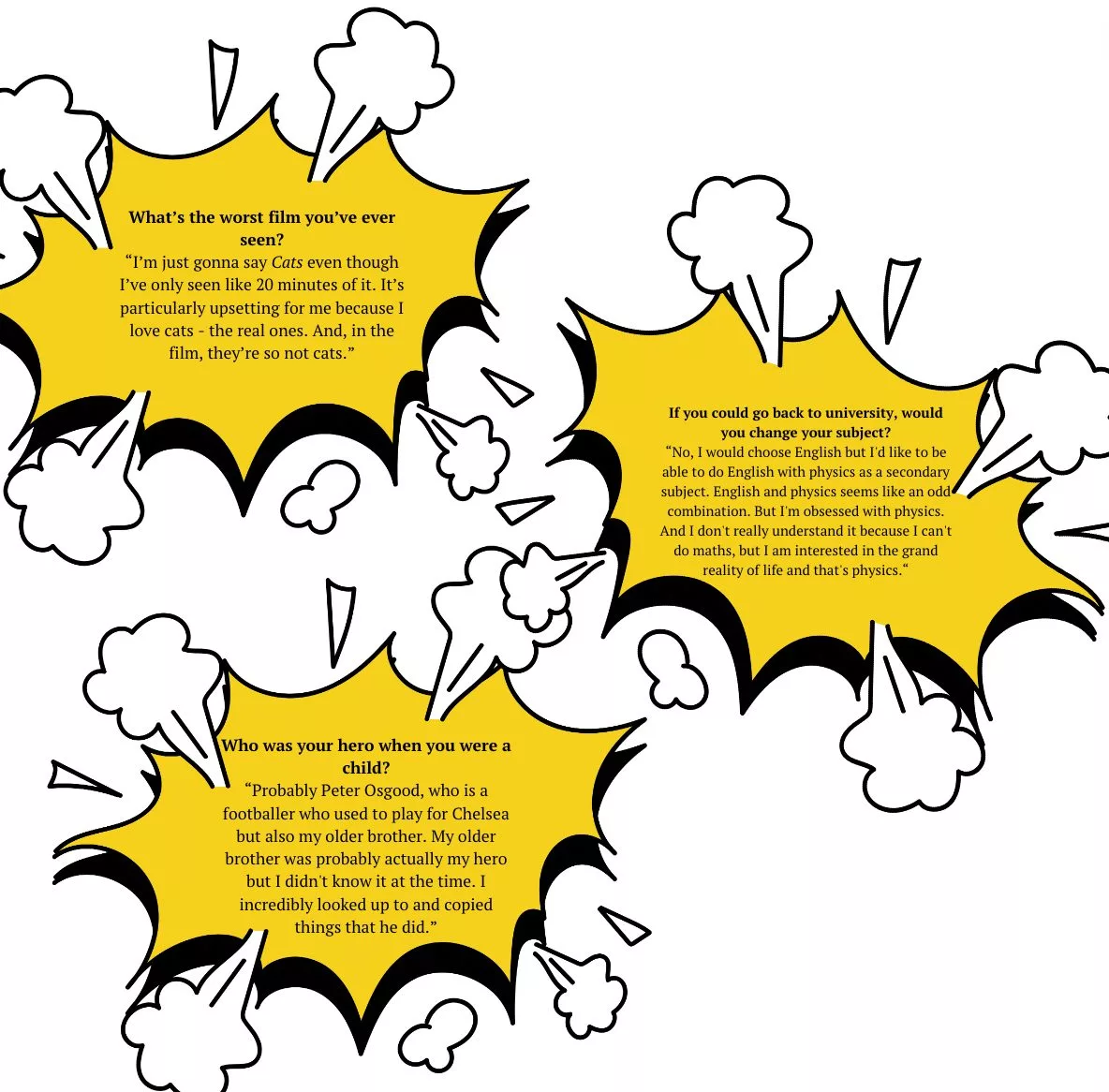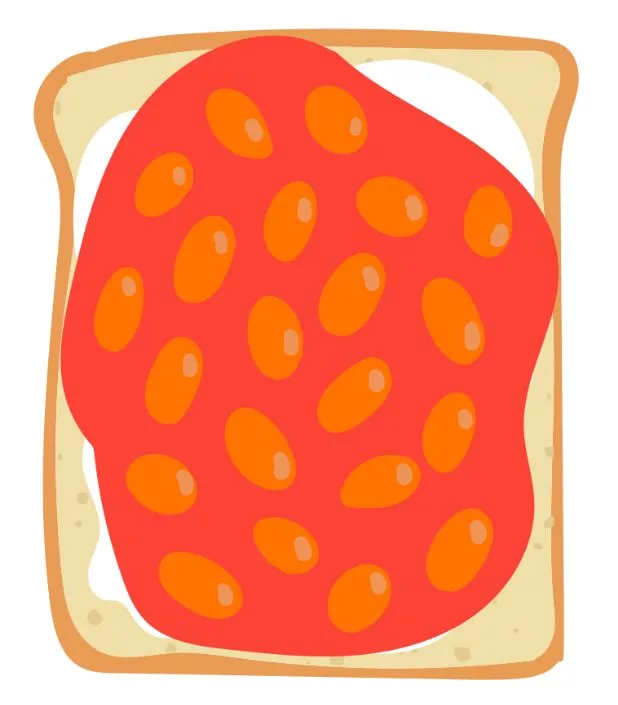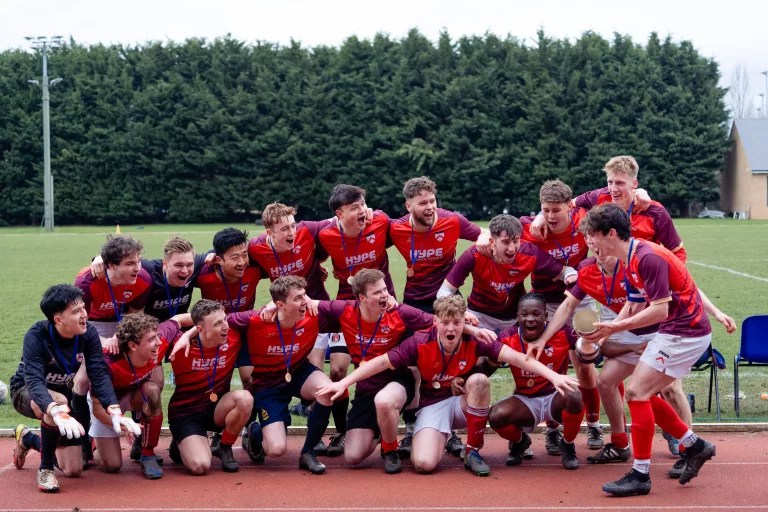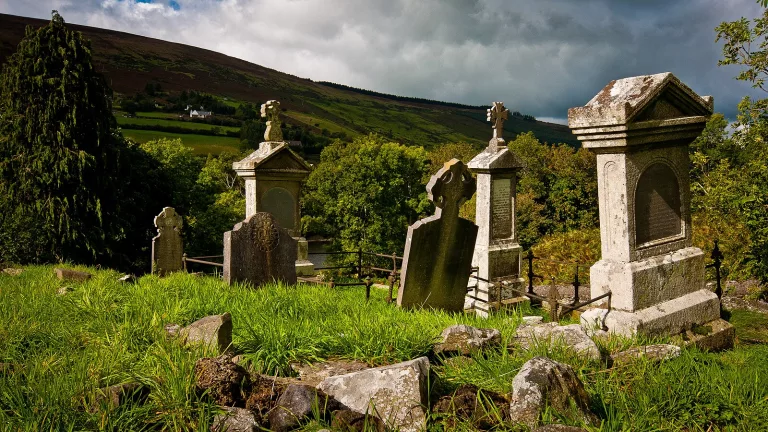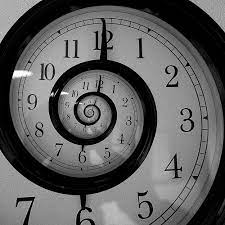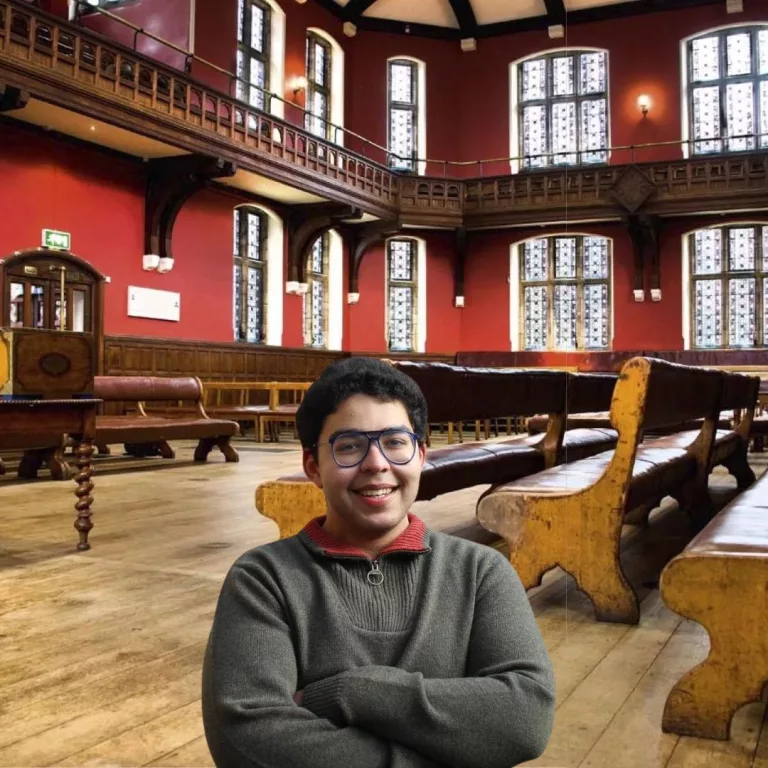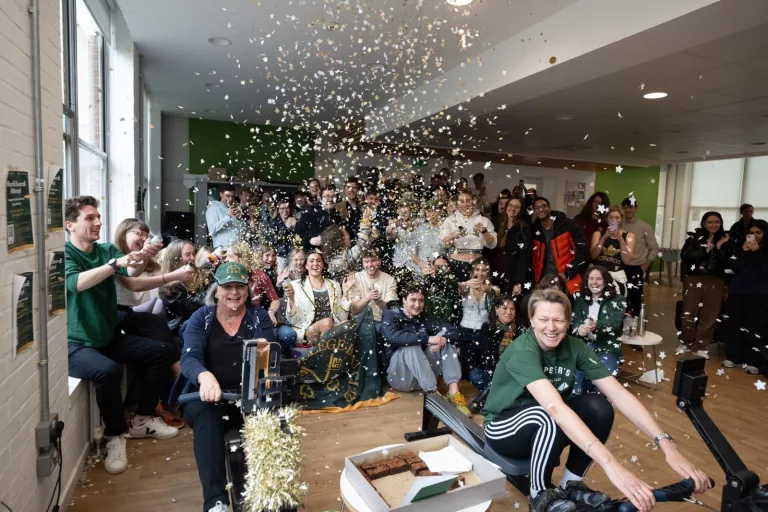CW: Domestic Violence, death
Editor’s note: This article was published under the wrong name in the HT24, Week 7 print.
Womanhood is a charged word. In many ways, it is hopeful: it invokes a sense of community and empathy. Womanhood can be brushing your sister’s hair, crying on a mother’s shoulder. But it can also be something sombre – shared experiences can easily go from comically bad first kisses to true tragedies. Sometimes, our womanhood seems to be a reminder that the place we occupy in society is invariably painful. However, the deeply personal and emotional fear tied to living life as a woman is rarely a mainstream topic of discussion.
Last November, Italian 22-year-old Guilia Cecchettin disappeared with her boyfriend. Two days later, her body was found covered in stab wounds and black bags, having been mercilessly murdered by her partner. And this is not an isolated event: in 2022, 125 women in Italy were killed intentionally by men. In the UK, the numbers go down to 81 women killed by men in domestic settings. But this still means that approximately two women were killed every 10 days by their partner, former partner or male relative. All sides of the political spectrum agree that these events are devastating, but not everyone acknowledges what goes deeper: these homicides are the inevitable conclusion to a culture which seems to thrive off the subjugation, control, and violence towards women. Deterrence is not enough: nations could resurrect the death penalty and husbands would keep on killing their wives (and History agrees).
Violence is everywhere in a woman’s life – from blood trickling down freshly shaven legs to being followed on the way back from Tesco. We have been conditioned to accept some forms of this violence as an ordinary part of our life (beauty is pain, apparently, so womanhood must also be). In other cases, the natural response is fear. Many parts of womanhood which I have personally bonded over with other women are simply a product of fear. I admit I have felt there is something tender in staying on call while a friend walks home, or vowing to stick together on a night out, whatever the circumstances. It is easy to forget that these actions have a reason other than pure sorority. After all, you will not usually be attacked in the middle of the street. But there always comes a day when catcalling turns into chasing, or a moment where someone gets a little too close for comfort. Suddenly womanhood becomes a serious affair, and we are never truly able to forget the real reasons to be afraid. And indeed, so far as the fear remains, we should not take too much comfort in the idea of collective suffering. The influence of fear in our every decision is not just a bonding experience, but outrage-worthy injustice.
When I saw Barbie, I thought it was a refreshing portrayal of misogyny from an emotional perspective, emphasising the unique experience of womanhood without falling into mere ‘girlboss’ mentality. Gloria’s speech accurately depicted the usual pressure to fulfil all different sorts of standards of beauty and motherhood: “we have to always be extraordinary, but somehow we’re always doing it wrong”. But it was not a full picture of the struggle of womanhood: it almost suggested that the problem was in how high the standards were set, calling for the production of a ‘normal’ Barbie, like the only difficulty in being a woman is trying to be ‘extraordinary’.
Beauty standards may be one manifestation of patriarchal gender roles, but sexism goes much deeper within our culture. After the re-election of the Spanish Prime Minister in late 2023, right-wing protesters gathered in front of the headquarters of the Spanish Socialist Workers’ Party. They carried naked inflatable dolls representing the ‘socialist ministers’ and proudly called the current government a brothel. Public humiliation is a punishment for daring to hold power as a woman. This is also violence: a warning to stay in one’s lane or face the consequences. Misogyny does not stop at the obligation to be skinny or hairless. From the seemingly harmless need to wear makeup to honour killings and corrective rape, any form of violence suffered by women stems from the same source: a deeply ingrained view of women as something to be controlled or policed. When the possible consequences of not sticking to the guidelines can, at best, include vicious crowds showing up at your workplace, fear is inevitable.
Whole books have been written on the causes of this systematic attitude towards women. Activism has understandably focused on mainly political issues, like addressing the gender pay gap or securing safe abortions for all. These are, of course, commendable and necessary causes. We all agree that discrimination and crimes against women are bad, but it is not only this tangible detriment that matters. Women take on a disproportionate mental and emotional load due simply to living in society. I keep finding myself in conversations about makeshift defence mechanisms to use while walking alone. The keys-between-knuckles trick has come up a couple of times, though my mother personally believes in bulk purchases of electric whistles. Although normalised, violence is always on our minds. And we do not only worry about preventing violence – I wish this was the case, and actual assaults never materialised. Today, being catcalled is one of the most harmless types of violence a woman can endure. But even these relatively harmless actions (and that’s saying something) can trigger feelings of vulnerability and helplessness which I and many others have been forced to reconcile with our experience of womanhood.
Frankly, I do not know how to solve this. I do think, however, that the fear in womanhood cannot be fixed by superficial measures. We can vote for abortion rights and sanctions to discriminatory corporations, but this will not make a true difference in culture. Piecemeal remedies for specific results of centuries of subjugation may improve our quality of life to an extent, but can only go so far without addressing the root of the issue. An Act of Parliament cannot change a country’s mindset, much less the world’s. We view women as something akin to public property that must be regulated as convenient. As long as this does not change, I am not sure I am satisfied with legislative efforts to criminalise catcalling or appoint shiny new Lady Justices of the Supreme Court.
Admittedly, I do not believe fear and violence are all there is to being a woman. Womanhood is, after all, simply another form of being human. But I also believe that, in understanding misogyny and our experience in society, we should understand the emotional turmoil that comes with being a woman. There is a balance between treating pain as a trivial quirk of ‘girlhood’—forgetting that life should not be lived in fear—and being immobilised by helplessness. Examining our fear, recognising the social and cultural dynamics giving rise to violence, is the first and necessary step for change.



